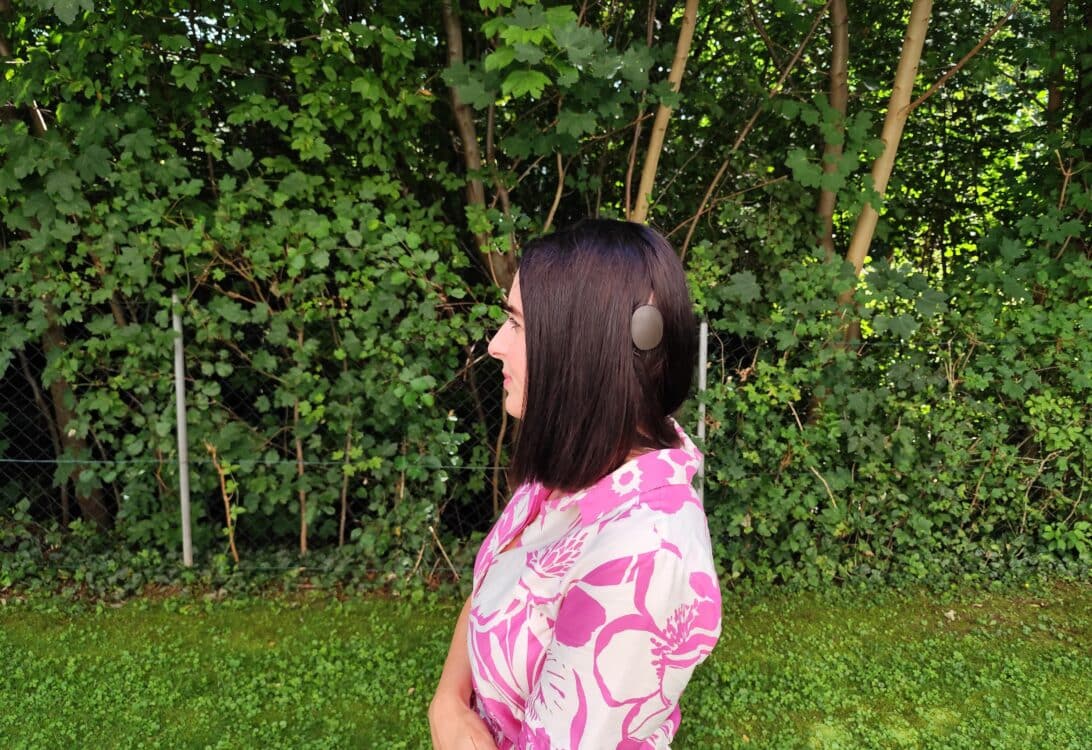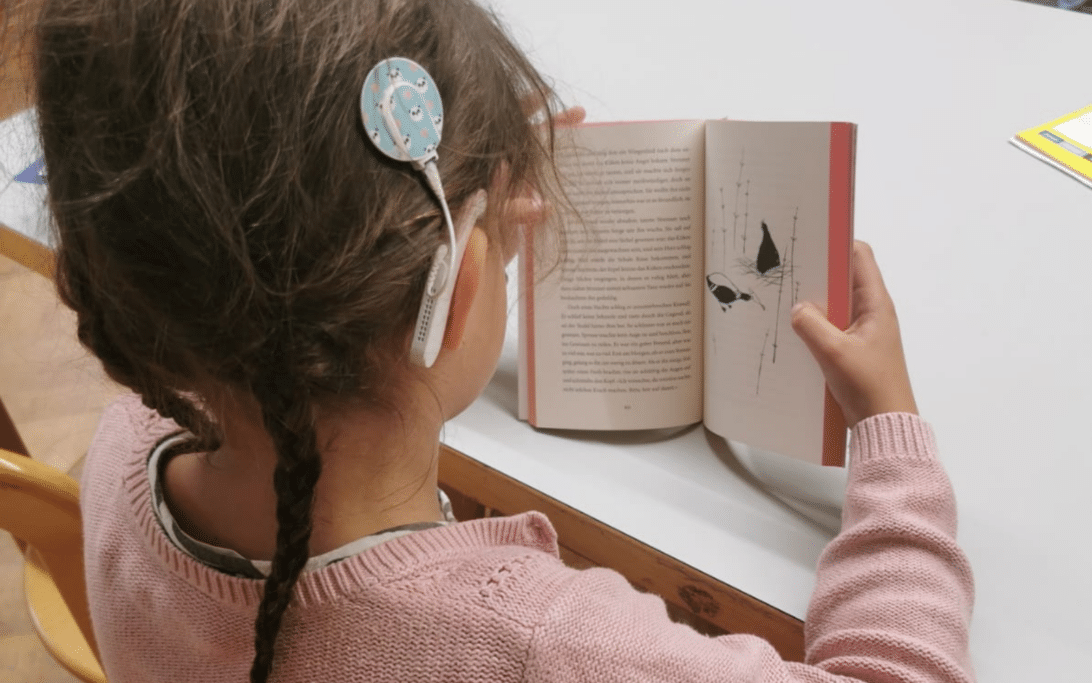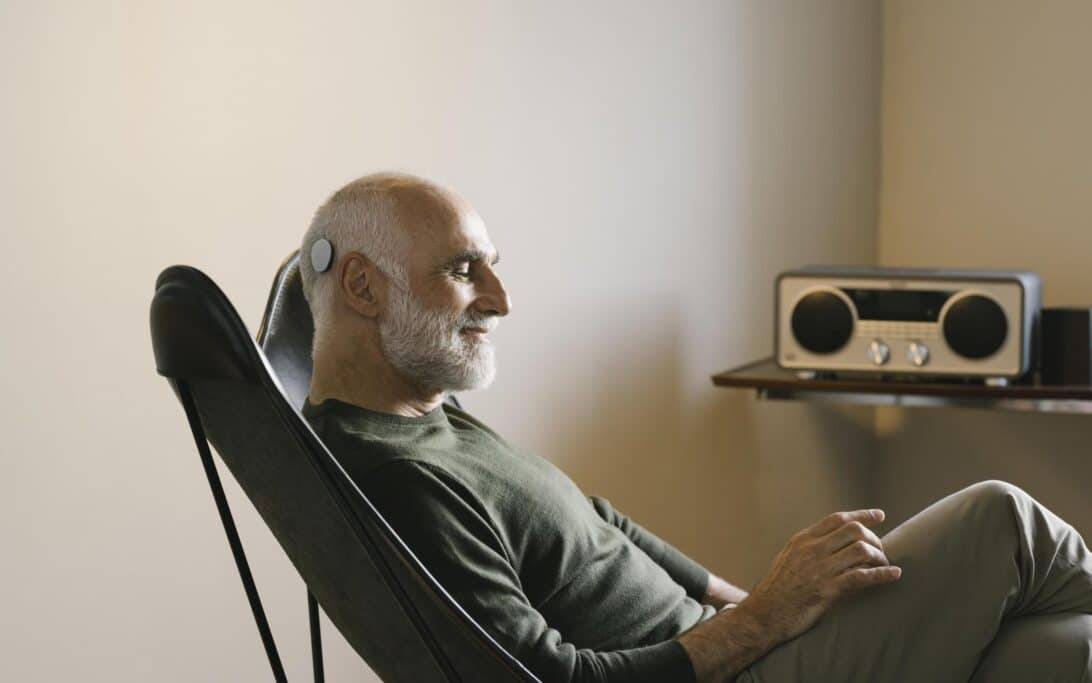
Tanja is a runner from Austria, and she’s had bilateral cochlear implants for 10 years. Thanks to directional hearing, she feels safe doing sports and can go about her day without any problems. But that wasn’t always the case. Discover everything about Tanja’s hearing journey and how she found her perfect solution.
.png)




